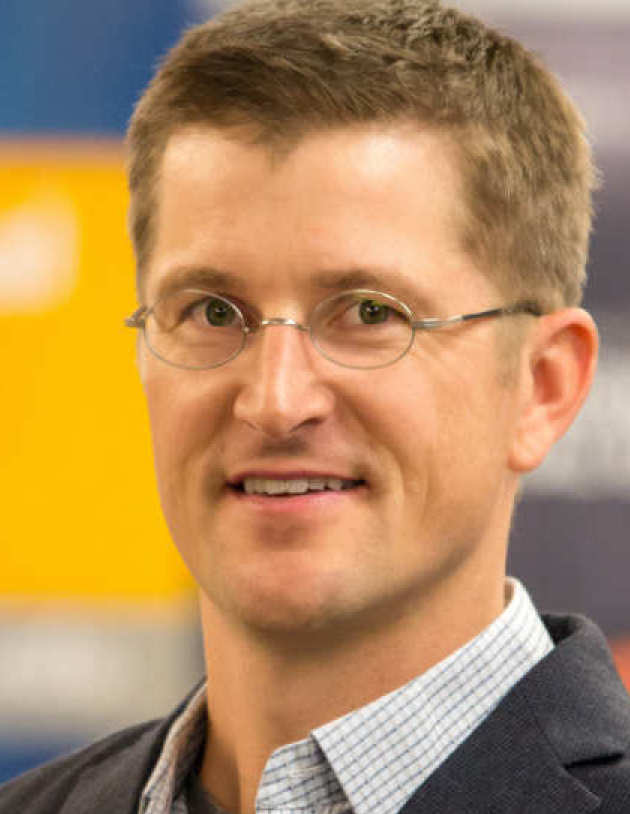Professor Luke Olson
 The Department is delighted to welcome Professor Luke Olson (University of Illinois atUrbana-Champaign) as Nelder Fellow in 2020.
The Department is delighted to welcome Professor Luke Olson (University of Illinois atUrbana-Champaign) as Nelder Fellow in 2020.
Course Abstract
Lectures
-
Lecture #1: The Basics of Multigrid
W May 06 2020, 4--6pm BST
This lecture will cover the basic principles of geometric multigrid, from relaxation methods with a smoothing property to the introduction of a two-level method. Convergence properties will be outlined and extensions to multiple dimensions will be covered.
-
Lecture #2: Toward Algebraic Multigrid
F May 08 2020, 4--6pm BST
This lecture will begin with an overview of the limitations of basic geometric multigrid. Operator based methods, such as BoxMG will be introduced, and application to nonlinear problems will be explored. The concept of algebraically smooth will also be used to motivate upcoming lectures.
-
Lecture #3: CF and Smoothed Aggregation Algebraic Multigrid
M May 11 2020, 4--6pm BST
An overview of the two basic forms of algebraic multigrid will be given. Classical, splitting-based methods along with aggregation-based approaches will be highlighted in detail, with several examples given in context.
-
Lecture #4: Theoretical Aspects of Algebraic Multigrid
F May 15 2020, 4--6pm BST
Multigrid convergence relies on both effective smoothing and robust coarse-grid correction. In this lecture, we give an overview of the underlying theory that supports algebraic multigrid and highlight several areas in which the theory is expanding.
Speaker Biography
Luke Olson is a professor in the Department of Computer Science at the University of Illinois at Urbana-Champaign, along with Director of Computational Science and Engineering. He received his PhD in Applied Mathematics from the University of Colorado at Boulder in 2003.


